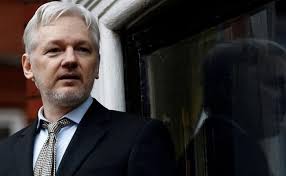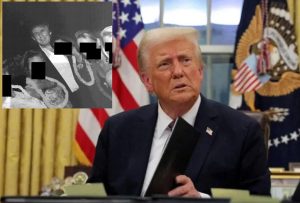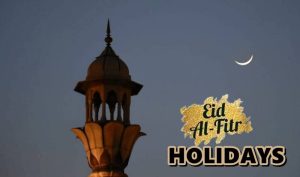WikiLeaks founder Julian Assange was granted permission on Monday to appeal against his extradition to the United States. Assange argued at London’s High Court that he might not be able to rely on his right to free speech in a US court.
The Australian-born Assange, 52, is wanted in the US on 18 charges, most under the Espionage Act, related to WikiLeaks’ mass release of secret US documents — the largest security breach of its kind in US military history.
In March, the high court provisionally granted Assange permission to appeal on grounds of potential discrimination as a foreign national and invited the US to submit assurances. Following Monday’s hearing, two senior judges determined that Assange’s argument regarding his inability to rely on the US First Amendment right to free speech merited a full appeal. This appeal is unlikely to be held for several months. The decision led to cheering and singing from hundreds of supporters gathered outside the court, who tied yellow ribbons to the railings and held placards chanting “Free, free Julian Assange!”
Assange’s wife Stella, present in court with his brother and father, expressed relief but questioned the duration of the ongoing legal struggle. “The United States should read the situation and drop this case now. Now is the moment to do it,” she said, calling the ruling a turning point.
Assange was absent from court for health reasons, according to his lawyer. The US Justice Department declined to comment on the ongoing judicial matter.
Had Monday’s ruling been unfavorable, Assange could have been extradited to the US within 24 hours, ending over 13 years of legal battles in Britain.
US Assurance Fails to Convince UK Judges
US prosecutors argued that Assange could “seek to rely” on First Amendment protections and would not be discriminated against due to his nationality. However, Assange’s legal team contended that a US court would not be bound by this assurance. “We say this is a blatantly inadequate assurance,” stated Assange’s lawyer, Edward Fitzgerald.
The court also ruled that Assange’s appeal should cover all 18 counts, not just three as argued by US lawyers. Fitzgerald did accept a separate US assurance that Assange would not face the death penalty.
The US maintained that its First Amendment assurances were sufficient. James Lewis, representing the US authorities, stated in court documents that while the assurance “cannot bind the courts,” US courts would “take solemn notice and give effect so far as they are able to a promise given by the executive.”














